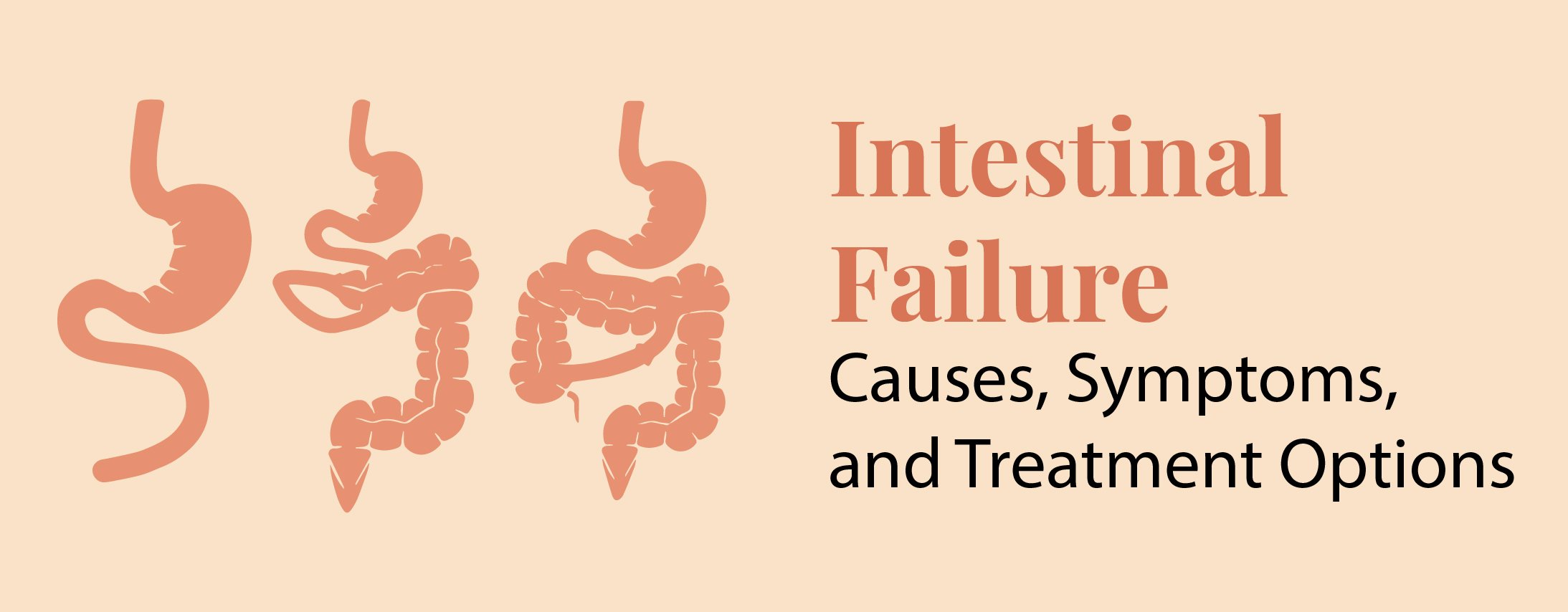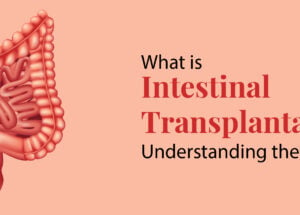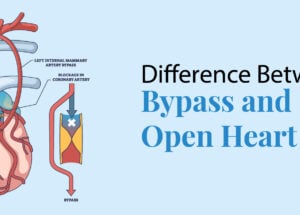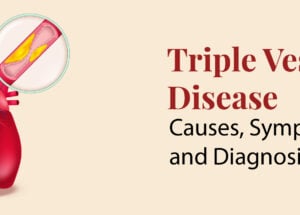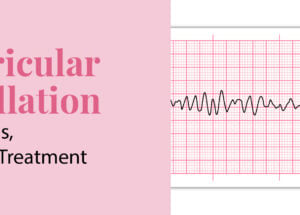Stomach Cancer: Causes, Symptoms, Diagnosis, and Treatment
March 26, 2025

Stomach cancer, also called gastric cancer, originates in the cells lining the stomach. The stomach is located on the upper abdomen’s left side. It plays a key role in digestion. It is part of the digestive tract, a connected system of muscular, hollow organs that process nutrients and eliminate waste.
When a person eats, food travels from the throat to the stomach through the esophagus. Inside the stomach, muscles mix the food with digestive juices, breaking it down. The somewhat digested food moves into the small intestine, where nutrients are absorbed, and then passes into the large intestine. Waste material collects in the rectum, the final section of the large intestine, before being expelled through the anus during a bowel movement.
Causes of Stomach Cancer
The stomach (along with the oesophagus) is only one element of your digestive tract’s top region. Your stomach is responsible for digesting food and transporting nutrients to the remainder of your digestive organs, specifically the small and large intestines.
Stomach cancer usually develops when healthy cells in the upper digestive tract become malignant and expand out of control, resulting in the formation of a tumour. This process is typically slow. As a result, stomach cancer usually develops over time.
Symptoms of Stomach Cancer
Typically, there are no early indications or symptoms of stomach cancer. As a result, many people are unaware that something is wrong until cancer has progressed to an advanced stage.
There may be illness signs in some circumstances. The following are some of the most prevalent symptoms of stomach cancer:
- Frequently occurring heartburn
- Appetite loss
- Bloating all the time
- Frequent indigestion and burping
- Early satiation
- Excessive tiredness
- Constant abdominal discomfort
Since many of these symptoms are common in other conditions, such as an ulcer or an infection, it makes stomach cancer difficult to diagnose. If you have possible symptoms of stomach cancer that don’t get better, it’s important to see a doctor.
The process through which cancer spreads is known as metastasis. Symptoms of advanced or metastatic stomach cancer may include:
- Blood in stools
- Nausea and vomiting
- A bulge on top of the stomach
- Jaundice (if cancer reaches the liver)
- Sudden weight loss
Stomach cancer symptoms in women are comparable to those in males; however, men are more likely to develop the disease. Children’s symptoms may include constipation or diarrhoea but are the same as adults’.
Risk Factors for Stomach Cancer
Several factors may raise your chances of having malignant cells in your stomach. Certain diseases and ailments, for example, are risk factors. Some of them include:
- Bacterial infections caused by H. pylori (a common stomach infection that can sometimes lead to ulcers)
- Stomach polyps tumours in other regions of the digestive system (abnormal growths of tissue that form on the lining of the stomach)
- Lynch syndrome and Li-Fraumeni syndrome are examples of inherited genetic syndromes.
Stomach cancer also is more common in,
- People in their 60s or above
- Men
- People who smoke regularly
- People with obesity
- People with a medical history
- People of Asian (particularly Korean or Japanese), South American, or Eastern European ancestry.
Your personal medical history can create a risk of developing stomach cancer, but certain lifestyle factors may also play a significant role. Some of the possible reasons are listed as follows:
- Consuming an abundance of salty or processed meals
- Eating meat regularly
- Consuming a lot of alcohol
- Not participating in enough exercise
- Smoke regularly
- Don’t properly store or cook food
Suppose you suspect you are at risk of developing stomach cancer. In that case, you should consider undergoing a screening test when persons are at risk of certain diseases but do not yet exhibit symptoms.
Diagnosis for Stomach Cancer
Since people with stomach cancer rarely exhibit symptoms in the early stages, the disease is frequently misdiagnosed until it is advanced.
A physical exam is performed to diagnose stomach cancer and look for anomalies. A doctor may also examine for probable stomach bleeding by utilising a stool blood test and a blood test to screen for anaemia.
If your doctor suspects you have stomach cancer, additional diagnostic testing may be required. Specifically, diagnostic tests seek suspected cancers and other abnormalities in the stomach and oesophagus. A few of these tests include:
- Biopsy Test
- PET Scan (Positron Emission Tomography)
- An upper gastrointestinal endoscopy
- CT scans and X-rays
Stages of Stomach Cancer
The stage of stomach cancer reveals the extent to which the cancer has progressed throughout the body. The TNM system developed by the American Joint Committee on Cancer is commonly used to diagnose the stage of stomach cancer. The system considers three factors:
- T category: The tumour’s size and how far it extends
- N category: The extent to which the malignancy has migrated into the lymph nodes.
- M category: Whether or not cancer has spread to other body parts.
The results from each category are pooled to assign a stage from 0 to 4. A lower score indicates that the cancer is in an earlier stage. While tumour growth and dissemination vary, each stage generally looks like this:
- Stage 0: Only the surface of the stomach lining has abnormal or malignant cells, but the cancer has not progressed to the lymph nodes or other parts of the body.
- Stage 1: The tumour has spread into the stomach’s deeper layers. Cancer could have expanded to one or two lymph nodes surrounding the stomach but has not moved to other body regions.
- Stage 2: Cancer has spread to the lymph nodes and reached more profound stomach layers. It hasn’t spread to the rest of my body.
- Stage 3: The tumour has spread deeper into the stomach layers and probably into neighbouring organs. Cancer has most certainly migrated to the lymph nodes but has not moved to other body parts.
- Stage 4: At this stage, cancer may have spread to deeper stomach layers or surrounding lymph nodes, but this is not required. Cancer may also have spread to distant body regions, such as the lungs, brain, or liver.
It will be between stages 0 and 3 as long as the cancer has not spread to other body parts. If it has progressed to other places, it will be diagnosed as stage 4 stomach cancer.
Stomach cancer’s overall 5-year relative survival rate is about 36%. This means individuals with stomach cancer are 36% as likely to survive for five years after diagnosis compared to those without the disease. However, survival rates depend greatly on the cancer’s stage at diagnosis. Early-stage, localized cancer has a much higher survival rate than advanced-stage cancer.
Treatment for Stomach Cancer
Stomach cancer, in general, is treated with one or more of the following:
- Chemotherapy
- Radiation Therapy
- Surgery
- Immunotherapy
The cause and stage of your cancer will determine your specific treatment plan. Other factors can be age and your health on the whole, too.
The purpose of treating cancer cells in the stomach is to prevent the cells from spreading. If left untreated, stomach cancer can progress to the following:
- Lungs
- Lymph nodes
- Bones
- Liver
Prevention of Stomach Cancer
Stomach cancer can’t be prevented as a whole. The risk of developing all cancers can be reduced by:
- Maintaining a moderate weight
- Consuming a balanced diet
- Limiting your alcohol intake
- Avoiding smoking
- Regularly exercising
In some circumstances, doctors may recommend drugs to help reduce the chance of stomach cancer. This is typically done for patients with a precancerous condition or other conditions that benefit from the medicine. You should also think about taking an early screening test. This test can aid in the detection of stomach cancer.
Frequently Asked Questions
1. Is stomach cancer curable?
Yes, stomach cancer is curable, especially when diagnosed early. However, the probability of a cure decreases as the cancer advances and spreads.
2. Is stomach cancer dangerous?
Stomach cancer poses a serious risk, especially if not detected early. It can grow, spread to other organs, and make treatment more challenging.



